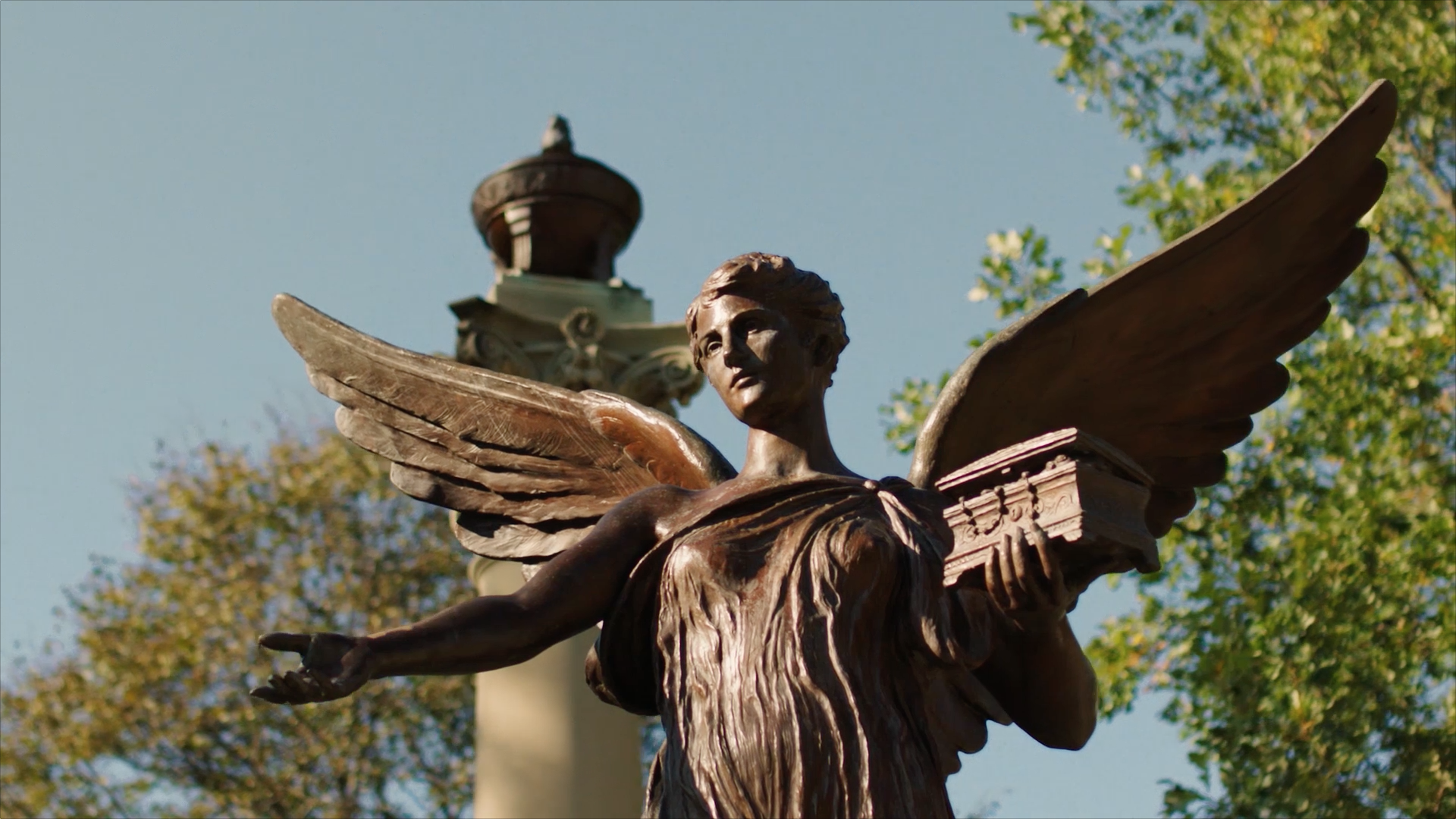
Cities with pro sports franchises should take a long-term approach when evaluating an economic payoff, says new research from Ball State University.
“Sports-Driven Economies: Do they help?” also found that the short-term impact of hosting sports teams, hosting sports events, and having sports facilities are not always visible. The study was conducted by Saeed Tabar, an assistant professor of computer technology, and Sushil Sharma, a professor of computer information systems. Both are in the Miller College of Business.
Their analysis of a 17-year period (2001-18) indicates hosting sports team has a positive effect on the GDP and the population of the metropolitan area.
Research found that average per capita in U.S. metropolitan statistical areas with pro sports teams rose from $28,000 in 2001 to $48,000 in 2018, while U.S. total GDP over the same period doubled from $10 trillion to $20 trillion.
“However, the long-term effect appears not just in an invisible manner such as civic pride, the image of the city, and the tourism attraction, but also in visible economic factors such as GDP,” Tabar said “Over the years, we found permanent and occasional employments, increases in the value of the properties, and increases in the investment because of the prosperity of the city.”
The researchers analyzed data from the United States Census Bureau, which provides the economic factors of the metropolitan areas.
“In recent years, especially after the Great Recession in 2008, the construction of major sports facilities such as arenas and stadiums has been rising,” Tabar said. “This trend has been accompanied by the growth in subsidies to build these. The cities providing subsidies hope to receive economic benefits to not just cover the subsidies but also to create infrastructure for the long-term prosperity of their economy.”
Tabar notes that little research has been done on the effect of hosting a professional sports team and the economy of the city over the past 20 years. The majority of those articles conducted before 2000 reject the idea of the sport-driven economy.
He points that when it comes to the use of public funds to build new sports facilities, there are two opposing viewpoints.
One camp including team owners and political leaders argues that professional sports facilities built by public franchises are drivers of the local economy. The other camp, which is mostly represented by economists, rejects this idea, saying sports teams have little impact on the urban economy.
“Not all economic benefits can be gauged with typical metrics,” Sharma said. “Nor are they tangible in terms of their visible impacts on the appearance of the city and its residents. Rather, the main impact of investing in large-scale sports facilities and hosting professional sports teams appears in the long term.”
The professors also pointed out that additional research could expand the understanding of the relationship between pro sports and local communities by examining of the other sports-related factors such as the number of sports facilities, live TV coverage of the sports games, the number of online viewers of the game, and empirical studies of the fluctuation in the value of the properties before and after the construction of the sports facilities on the economy of the metropolitan area.
"term" - Google News
June 16, 2020 at 11:36PM
https://ift.tt/3fn3MyC
Study: Public investment in pro sports teams has a long-term payoff - Ball State University News
"term" - Google News
https://ift.tt/35lXs52
https://ift.tt/2L1ho5r
Bagikan Berita Ini

















0 Response to "Study: Public investment in pro sports teams has a long-term payoff - Ball State University News"
Post a Comment